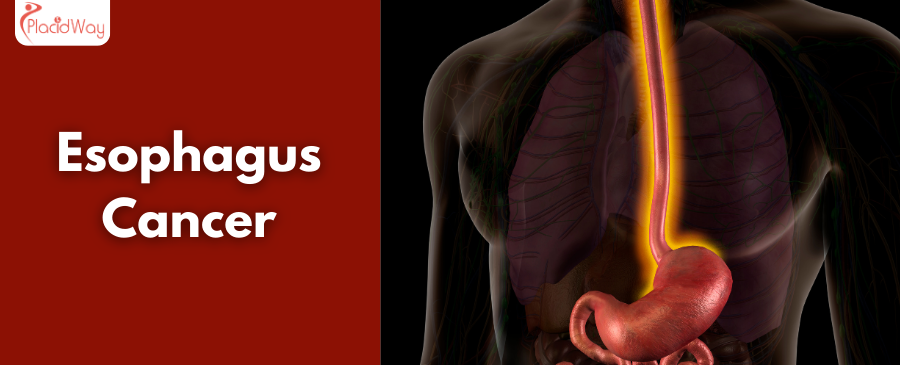
Navigating Esophagus Cancer Treatment: Your Global Options for Hope and Healing
Receiving an esophagus cancer diagnosis can be life-altering, bringing a whirlwind of questions and concerns about treatment options, prognosis, and the path ahead. Esophagus cancer, or esophageal cancer, begins in the cells lining the esophagus – the long, hollow tube that runs from your throat to your stomach. It's a serious condition that requires prompt and effective intervention, often involving a combination of surgery, chemotherapy, and radiation therapy.
For many, the journey to recovery involves seeking the very best care available, which sometimes means looking beyond national borders. Medical tourism for esophagus cancer treatment has emerged as a viable and often preferable option for patients worldwide. It offers access to cutting-edge technologies, highly specialized surgeons, reduced waiting times, and significantly lower costs in some of the world's most reputable medical centers.
This comprehensive guide aims to illuminate the complex world of esophagus cancer treatment, focusing on critical aspects like understanding the symptoms and causes, exploring various treatment modalities, and navigating the benefits and considerations of seeking care abroad. Whether you're searching for "esophageal cancer early warning signs," "best hospitals for esophagus cancer surgery," or "affordable cancer treatment overseas," we're here to provide clarity and empower your decision-making process. Discover how international medical travel can offer a new avenue for hope and healing, connecting you with world-class expertise and compassionate care.
What are the common symptoms of Esophagus Cancer?
Recognizing the early warning signs of esophageal cancer is critical for timely diagnosis and effective treatment. Unfortunately, symptoms often don't appear until the cancer is more advanced. However, paying attention to subtle changes can make a significant difference. Here are the most common symptoms to be aware of:
- Dysphagia (Difficulty Swallowing): This is often the most common symptom. It might start with trouble swallowing solid foods and progress to liquids. Patients might feel food getting stuck in their throat or chest.
- Unexplained Weight Loss: Significant weight loss without trying is a red flag. This can be due to difficulty eating, decreased appetite, or the cancer consuming the body's energy.
- Chest Pain or Pressure: Discomfort, pain, or a burning sensation in the chest, particularly behind the breastbone, can occur.
- Chronic Heartburn or Indigestion: While common, persistent heartburn that doesn't improve with antacids could be a symptom, especially if accompanied by other signs.
- Hoarseness, Chronic Cough, or Sore Throat: If the cancer spreads to nearby nerves, it can cause hoarseness. A persistent cough or sore throat might also be present.
- Fatigue and Weakness: General tiredness and lack of energy, often linked to anemia from slow internal bleeding.
- Regurgitation of Food: Food may come back up into the throat after swallowing.
If you experience any of these persistent symptoms, especially difficulty swallowing or unexplained weight loss, it's vital to consult a doctor immediately for a thorough evaluation.
What causes Esophagus Cancer and who is at risk?
The exact cause of esophageal cancer isn't always clear, but it generally develops when cells in the esophagus undergo DNA mutations that cause them to grow and divide uncontrollably. These mutations are often linked to chronic irritation of the esophageal lining. Several factors significantly increase the risk:
- Gastroesophageal Reflux Disease (GERD): Chronic acid reflux where stomach acid flows back into the esophagus can damage cells, leading to Barrett's esophagus.
- Barrett's Esophagus: This precancerous condition develops from long-term GERD, changing the normal squamous cells of the lower esophagus into glandular cells, which are more susceptible to becoming cancerous.
- Smoking: Tobacco use significantly increases the risk of both types of esophageal cancer (squamous cell carcinoma and adenocarcinoma).
- Heavy Alcohol Consumption: Excessive drinking, especially when combined with smoking, dramatically raises the risk of squamous cell carcinoma of the esophagus.
- Obesity: Being overweight or obese is a risk factor, likely due to increased pressure on the stomach that can lead to more acid reflux.
- Poor Diet: A diet low in fruits and vegetables, and high in processed foods, may contribute to risk.
- Achalasia: A rare condition where the muscle at the end of the esophagus doesn't relax properly, causing food and liquid to back up, leading to irritation.
- Older Age: The risk of esophageal cancer increases with age.
- Hot Liquid Consumption: Regularly drinking very hot liquids (e.g., hot tea or coffee) has been linked to an increased risk of squamous cell carcinoma in some regions.
Understanding these risk factors can help individuals take preventative measures and be more vigilant about screening if they fall into higher-risk categories.
What are the main treatment options for Esophagus Cancer?
The treatment approach for esophagus cancer depends heavily on the type of cancer, its stage, location, and the patient's overall health. Often, a combination of therapies is used to achieve the best possible outcome. The main treatment options include:
- Surgery (Esophagectomy): This is a common treatment, especially for early-stage cancer. It involves removing part or all of the esophagus, along with nearby lymph nodes, and then reconstructing the digestive tract, often by pulling the stomach up to connect to the remaining esophagus. Types include:
- Minimally Invasive Esophagectomy: Performed laparoscopically or robotically, involving smaller incisions, less pain, and quicker recovery.
- Open Esophagectomy: Requires larger incisions in the chest and/or abdomen.
- Chemotherapy: Uses drugs to kill cancer cells, often given before surgery (neoadjuvant) to shrink the tumor, or after surgery (adjuvant) to kill any remaining cancer cells. It can also be used as a primary treatment for advanced cancer.
- Radiation Therapy: Uses high-energy rays to kill cancer cells. Like chemotherapy, it can be given before or after surgery, or as a primary treatment, sometimes in combination with chemotherapy (chemoradiation).
- Targeted Therapy: These drugs target specific genes or proteins involved in cancer growth, often used for advanced esophageal cancer when other treatments are less effective.
- Immunotherapy: Helps your body's immune system fight cancer. It's becoming a significant option for advanced or recurrent esophageal cancer.
- Endoscopic Treatments: For very early-stage cancers that haven't spread deeply, procedures like endoscopic mucosal resection (EMR) or radiofrequency ablation (RFA) can remove abnormal tissue.
A multidisciplinary team of specialists will determine the most appropriate treatment plan for each individual patient.
Who is a candidate for Esophagus Cancer treatment?
Determining candidacy for esophagus cancer treatment, particularly for an intensive procedure like esophagectomy, involves a thorough evaluation of several factors. Not every patient is suitable for every treatment. Key considerations include:
- Cancer Stage and Location:
- Early-stage, localized tumors: Patients with cancer confined to the esophagus or nearby lymph nodes are often ideal candidates for curative surgery.
- Advanced cancer: If the cancer has spread extensively to distant organs (metastasis), surgery may not be an option, and treatment focuses on chemotherapy, radiation, targeted therapy, or immunotherapy to manage symptoms and prolong life.
- Overall Health and Fitness: Esophagectomy is a major surgery. Candidates must be healthy enough to withstand the procedure and its recovery. This includes:
- Good lung function: To tolerate potential lung complications.
- Good heart function: To handle the stress of surgery.
- Adequate nutritional status: Patients who are severely malnourished may need nutritional support before surgery.
- Absence of other severe medical conditions: Such as uncontrolled diabetes, severe kidney disease, or advanced heart disease.
- Age: While age alone isn't always a barrier, older patients may have more comorbidities that impact their eligibility.
- Patient's Preferences: The patient's willingness to undergo rigorous treatment and participate in recovery is also a factor.
A comprehensive assessment by an oncology team, including imaging, biopsies, and functional tests, will determine the best course of action for each individual.
What is the recovery like after Esophagus Cancer treatment?
The recovery process after esophagus cancer treatment can be extensive and challenging, especially following an esophagectomy. It's a journey that requires patience, commitment, and strong support. What to expect varies based on the treatments received:
- Post-Surgical Recovery (Esophagectomy):
- Hospital Stay: Typically 1-3 weeks. Patients will be monitored closely for complications like pneumonia, leaks at the surgical site, and infection.
- Pain Management: Essential in the initial days and weeks.
- Dietary Changes: This is a major adjustment. Patients start with liquids and gradually progress to soft foods. Small, frequent meals are often recommended. Many patients experience "dumping syndrome," where food moves too quickly from the stomach to the small intestine. Lifelong dietary modifications are often necessary.
- Fatigue: Profound fatigue is common and can last for months.
- Digestive Issues: Heartburn, reflux, nausea, and difficulty absorbing nutrients are common as the digestive system adjusts.
- Activity Restrictions: Heavy lifting and strenuous activity are restricted for several weeks or months.
- Rehabilitation: Physical therapy and nutritional counseling are often crucial for regaining strength and managing dietary needs.
- Chemotherapy and Radiation Recovery:
- Fatigue: A universal side effect.
- Nausea and Vomiting: Managed with anti-emetic medications.
- Sore Throat and Difficulty Swallowing: Common during and after radiation to the esophagus.
- Skin Changes: Redness, dryness, or blistering in the treated area.
- Immune System Suppression: Increased risk of infection.
Full recovery can take several months to a year, with ongoing follow-up appointments and supportive care to manage long-term side effects and monitor for recurrence.
What are the risks and side effects of Esophagus Cancer treatment?
While essential for fighting cancer, treatments for the esophagus can come with various risks and side effects, some of which can be severe. Understanding these is important for patient preparedness and management.
- Surgical Risks (Esophagectomy):
- Anastomotic Leak: Leakage at the surgical connection of the esophagus and stomach/intestine, a serious complication requiring further intervention.
- Infection: At the incision site or in the chest/abdomen (e.g., pneumonia).
- Bleeding: During or after surgery.
- Breathing Problems: Lung collapse (pneumothorax) or pneumonia.
- Heart Complications: Irregular heart rhythms.
- Nerve Damage: Can affect voice or diaphragm function.
- Strictures: Narrowing of the new esophageal connection over time, requiring dilation.
- Chemotherapy Side Effects:
- Nausea, vomiting, diarrhea, or constipation.
- Hair loss.
- Fatigue.
- Mouth sores.
- Increased risk of infection due to lowered white blood cell count.
- Peripheral neuropathy (nerve damage, causing numbness or tingling).
- Kidney, heart, or nerve damage (depending on the specific drugs).
- Radiation Therapy Side Effects:
- Skin changes in the treated area (redness, dryness, blistering).
- Difficulty swallowing (esophagitis).
- Fatigue.
- Nausea and heartburn.
- Radiation pneumonitis (inflammation of the lungs).
- Radiation fibrosis (scarring in the lungs over time).
- Long-term Digestive Issues:
- Chronic reflux or heartburn.
- Dumping syndrome.
- Difficulty gaining or maintaining weight.
- Changes in bowel habits.
Healthcare teams work diligently to prevent and manage these side effects, often with supportive medications and interventions.
How much does Esophagus Cancer treatment cost globally?
The financial burden of esophagus cancer treatment can be substantial, often prompting patients to explore options internationally. Costs vary wildly depending on the country, the healthcare system, the stage of cancer, the specific treatments required (e.g., surgery, rounds of chemo/radiation), and the hospital's prestige.
Here's a general comparison of estimated costs for a comprehensive treatment plan, often including esophagectomy, and potentially chemotherapy/radiation cycles. Please note these are estimates and can fluctuate significantly:
| Country | Estimated Cost Range (USD) | Notes |
|---|---|---|
| United States | $80,000 - $250,000+ | Highest costs, advanced technology, leading specialists. |
| United Kingdom | $70,000 - $180,000+ | High quality, but can have waiting lists. |
| Germany | $60,000 - $150,000+ | Excellent healthcare system, high standards. |
| Singapore | $50,000 - $120,000+ | High-tech facilities, skilled doctors, growing medical hub. |
| Turkey | $35,000 - $80,000 | Modern hospitals, experienced surgeons, competitive pricing. |
| India | $30,000 - $70,000 | Very cost-effective, world-class facilities and doctors. |
| Mexico | $30,000 - $75,000 | Affordable, proximity for North American patients, growing medical infrastructure. |
These costs usually include surgeon fees, hospital stay, anesthesia, and initial post-op care, but may not cover all pre-operative tests, extensive follow-up, or flights/accommodation.
Why consider Esophagus Cancer treatment abroad?
For many patients facing an esophagus cancer diagnosis, seeking treatment abroad offers compelling advantages that can dramatically impact their journey. The decision often stems from a combination of practical and quality-of-care factors:
- Significant Cost Savings: As seen in the cost comparison, procedures and treatments in countries like India, Turkey, or Mexico can be a fraction of the cost in Western nations, making life-saving care accessible to more people.
- Access to Advanced Technologies and Treatments: Some international hospitals invest heavily in state-of-the-art equipment (e.g., robotic surgery, advanced radiation delivery systems) and offer innovative therapies (e.g., specific targeted drugs, immunotherapy protocols) that might not be readily available or approved in a patient's home country.
- Reduced Waiting Times: In countries with universal healthcare systems, long waiting lists for specialist consultations, diagnostics, and surgery can delay critical treatment. Medical tourism often bypasses these delays, allowing for quicker intervention.
- World-Class Specialists and Facilities: Many medical tourism destinations boast internationally accredited hospitals staffed by highly experienced surgeons and oncologists trained in leading global institutions. These centers often cater specifically to international patients, offering a high standard of care.
- Privacy and Anonymity: For some, the ability to receive treatment away from their local community offers a sense of privacy during a vulnerable time.
- Comprehensive Care Packages: Many medical tourism providers offer all-inclusive packages that cover treatment, accommodation, transfers, and even translation services, simplifying the logistical burden for patients and their families.
Considering these benefits, medical tourism can present a powerful alternative for those seeking the best possible outcome for their esophagus cancer treatment.
Which countries offer the best value for Esophagus Cancer treatment?
When searching for "best hospitals for esophageal cancer abroad" or "affordable cancer treatment overseas," several countries consistently stand out for offering a compelling blend of quality, cost-effectiveness, and patient-centric services:
- India: Renowned for its world-class medical infrastructure, highly skilled English-speaking doctors, and significantly lower costs for complex surgeries and oncology treatments. Major cities like Delhi, Mumbai, Chennai, and Bangalore host numerous JCI-accredited hospitals specializing in cancer care.
- Turkey: An emerging leader in medical tourism, Turkey offers state-of-the-art hospitals, particularly in Istanbul and Ankara, with experienced surgeons and advanced technology. Costs are highly competitive, and the country boasts a strong focus on patient comfort and comprehensive services.
- Mexico: Especially attractive for North American patients due to its geographical proximity. Mexico has developed excellent medical facilities, particularly in cities like Tijuana, Monterrey, and Mexico City, providing high-quality cancer care at a fraction of US prices.
- South Korea: Known for its technological prowess and innovation in medicine. South Korea offers some of the most advanced cancer treatments and diagnostics, coupled with high success rates, often at more competitive prices than Western Europe or North America.
- Thailand: With a long history in medical tourism, Thailand provides exceptional hospital infrastructure, warm hospitality, and experienced specialists, particularly in Bangkok, making it an attractive option for comprehensive cancer care at reasonable costs.
These countries often have well-established medical tourism facilitators and offer a seamless experience for international patients, ensuring access to top-tier care without financial strain.
What to expect when traveling for this procedure?
Embarking on a medical journey for esophagus cancer treatment abroad requires careful preparation and understanding of the process. While it may seem daunting, reputable medical tourism platforms like PlacidWay streamline the experience. Here's a general outline of what you can expect:
- Initial Consultation and Planning:
- Medical Records Review: You'll submit your existing medical records (diagnosis, pathology reports, imaging) to a chosen clinic or a medical tourism facilitator for an initial assessment and treatment plan proposal.
- Personalized Quote: You'll receive a detailed quote outlining the procedure cost, hospital stay, and often an estimated duration of stay.
- Virtual Consultations: Many hospitals offer virtual consultations with their specialists to discuss your case and answer your questions before you travel.
- Travel Logistics:
- Visa and Travel Documents: Assistance with medical visas, if required, and advice on travel insurance.
- Flights and Accommodation: Booking flights and arranging appropriate accommodation (often near the hospital or with specialized medical hotels).
- Airport Transfers: Many packages include airport pick-up and drop-off.
- During Your Stay:
- Pre-Treatment Evaluations: Once you arrive, you'll undergo comprehensive pre-operative tests and consultations with your surgical and oncology team.
- Treatment Duration: Expect an extended stay. Surgical patients may require 1-3 weeks in the hospital, followed by several weeks (4-8 weeks) in a nearby facility or accommodation for initial recovery and follow-up appointments before being cleared to fly home. Chemotherapy and radiation cycles might require multiple trips or an even longer stay.
- Language Support: Many international hospitals have dedicated staff for international patients and offer translation services.
- Patient Support: Access to patient coordinators who assist with appointments, logistics, and any concerns.
- Post-Treatment and Follow-up:
- Discharge Planning: Detailed instructions for post-operative care, dietary guidelines, and medication.
- Follow-up Care: Plans for ongoing monitoring, either locally or through virtual consultations with the treating facility.
Transparency and clear communication with your chosen provider and medical tourism facilitator are key to a smooth experience.
How can I ensure safety and quality when seeking treatment abroad?
Ensuring the safety and quality of your esophagus cancer treatment abroad is paramount. While many international hospitals offer excellent care, due diligence is essential. Here’s how you can mitigate risks and ensure you receive top-tier treatment:
- Choose Internationally Accredited Facilities:
- JCI Accreditation: Look for hospitals accredited by the Joint Commission International (JCI). This is a gold standard for patient safety and quality in healthcare globally.
- ISO Certification: International Organization for Standardization (ISO) certifications indicate adherence to quality management systems.
- Local Accreditations: Research the local government's healthcare regulatory bodies and ensure the hospital meets or exceeds those standards.
- Verify Doctor Credentials and Experience:
- Board Certifications: Confirm that surgeons and oncologists are board-certified in their specialties, often from reputable international bodies.
- Experience with Esophagectomy/Oncology: Inquire about their specific experience with esophagus cancer cases, including the number of procedures performed and success rates.
- Training: Many top international doctors have received training or worked in Western countries.
- Review Patient Testimonials and Outcomes:
- Seek out reviews and success stories from previous international patients who underwent similar treatments.
- Ask the hospital or facilitator for access to outcome data for specific procedures, where available.
- Utilize Reputable Medical Tourism Facilitators:
- Platforms like PlacidWay partner with vetted hospitals and clinics, offering an extra layer of screening and support. They can provide transparent information, assist with logistics, and advocate on your behalf.
- Ensure Clear Communication and Language Support:
- Confirm that you will have access to English-speaking medical staff and translators if needed, to avoid misunderstandings about your care.
- Understand the Treatment Plan Thoroughly:
- Ask questions, clarify any doubts, and ensure you fully comprehend the proposed treatment, its risks, benefits, and expected recovery.
- Pre-travel Medical Evaluation: Have your local doctor review your case and the proposed treatment plan to offer a second opinion.
By taking these steps, you can significantly enhance your safety and confidence in your choice of treatment abroad.
Are there success stories of patients treated for Esophagus Cancer abroad?
Indeed, numerous patients from around the globe have found renewed hope and successful outcomes by pursuing esophagus cancer treatment abroad. These success stories often highlight not just the medical efficacy but also the holistic experience offered by international healthcare providers.
For example, a patient from Canada, facing a long waiting list for an esophagectomy at home, traveled to a JCI-accredited hospital in Turkey. Within weeks, they underwent a successful minimally invasive procedure, recovered smoothly, and reported excellent post-operative care and follow-up support, all at a fraction of the cost they would have paid privately in North America.
Another common narrative involves individuals from countries with limited access to specific advanced therapies. A patient from a developing nation, diagnosed with advanced esophageal cancer, sought immunotherapy in South Korea after local options were exhausted. Through a medical tourism facilitator, they accessed a cutting-edge clinical trial and experienced significant tumor regression, extending their life expectancy and improving their quality of life.
These stories underscore several key themes:
- High Success Rates: Many international centers boast survival rates comparable to or exceeding those in Western countries, especially when treating early-stage cancers or utilizing advanced surgical techniques.
- Personalized Care: Patients often report a more personalized and attentive experience in medical tourism hospitals, with dedicated patient coordinators and multi-disciplinary teams focused on their specific needs.
- Financial Relief: The ability to access high-quality, life-saving treatment without facing bankruptcy is a recurring positive outcome.
- Access to Innovation: Success is often tied to accessing specific diagnostic tools, surgical robots, or novel drug therapies that are not locally available.
While every cancer journey is unique, the growing number of positive testimonials serves as a testament to the viability and success of seeking esophagus cancer treatment in leading medical tourism destinations. PlacidWay can connect you with these reputable facilities and patient stories that inspire confidence.
Take the Next Step with PlacidWay
Ready to explore treatment options abroad? Discover top clinics, compare prices, and get a free quote tailored to your needs with PlacidWay.
Cancer Treatment Abroad, Breast Cancer, Lung Cancer

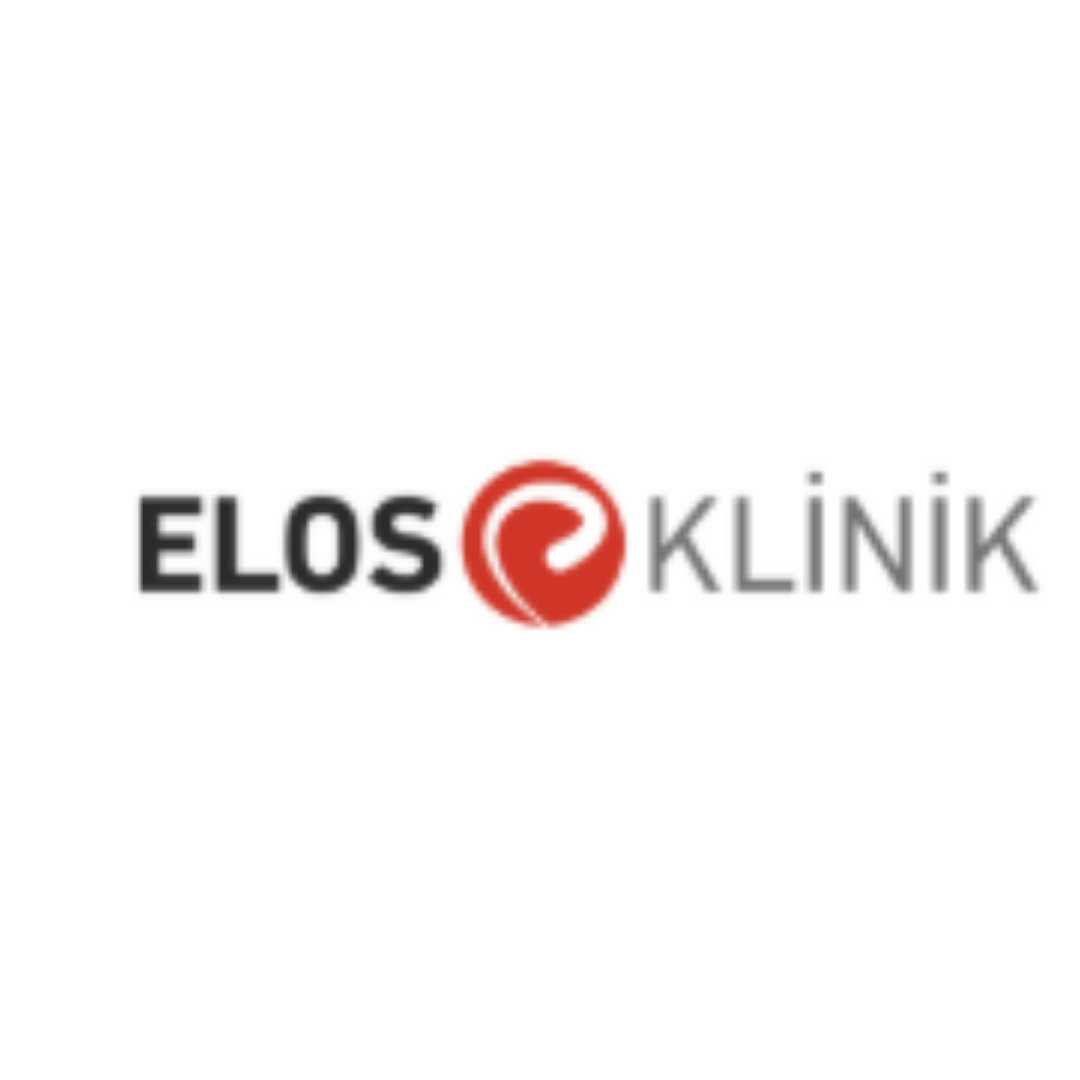
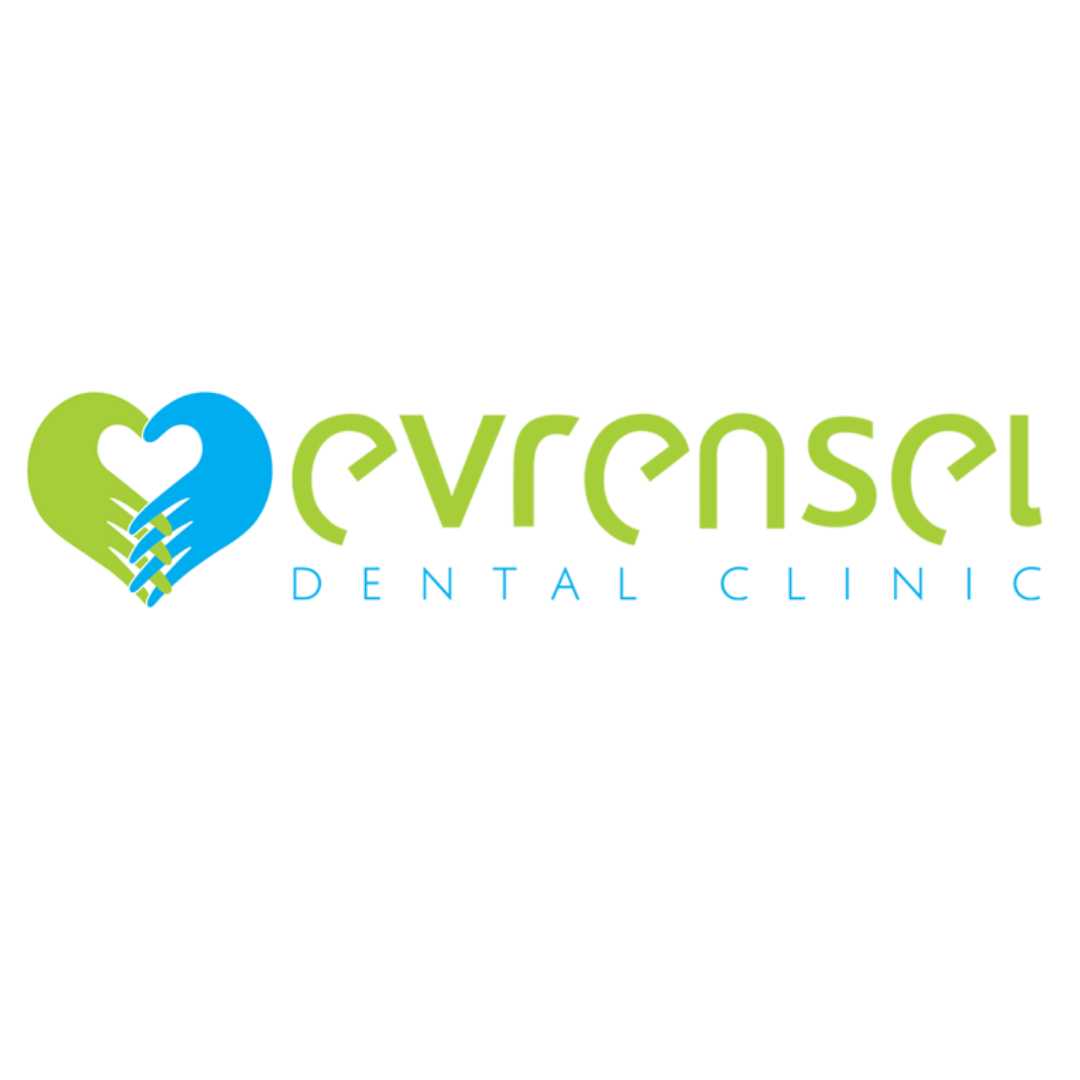
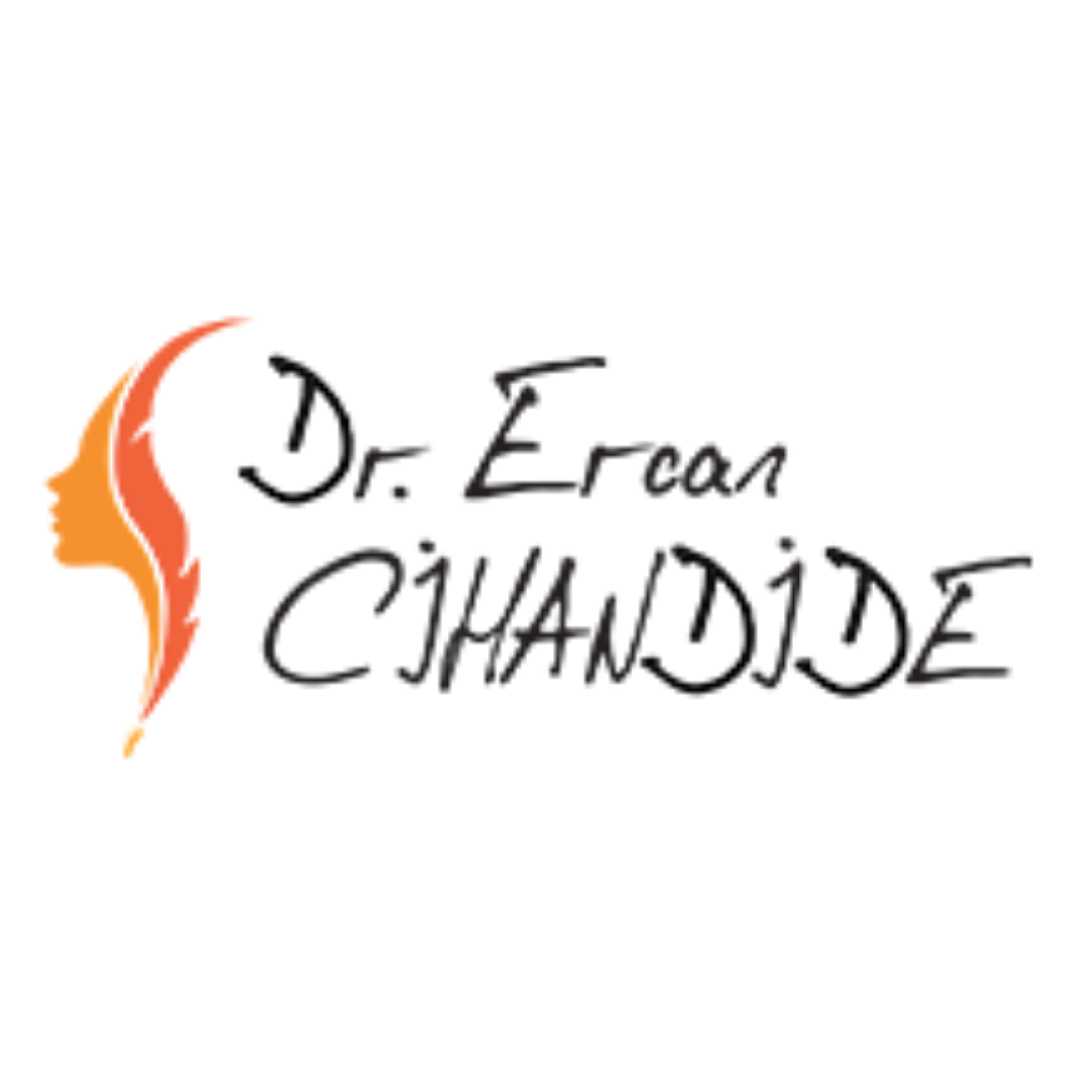
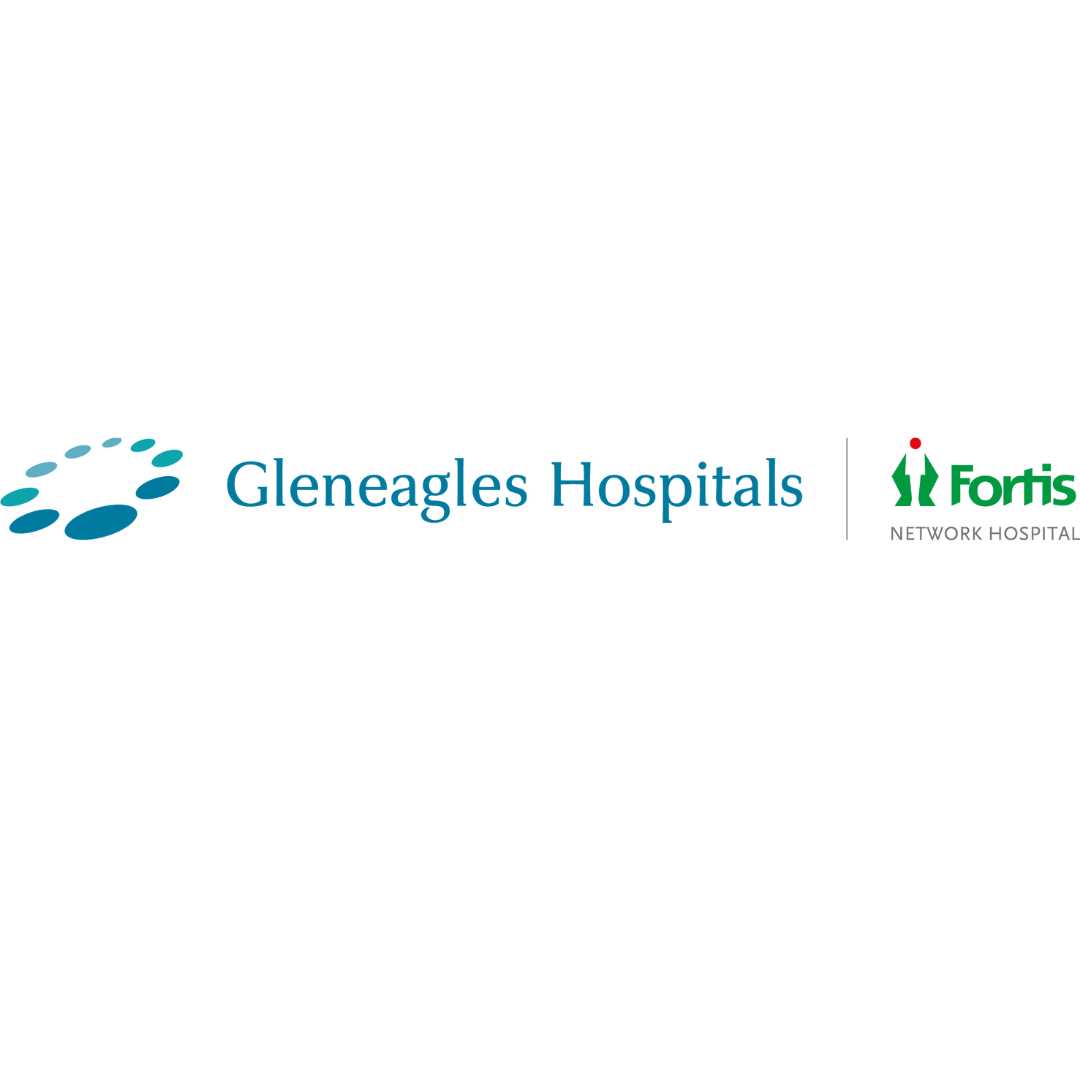
.png)
.png)
.png)
.png)

Share this listing